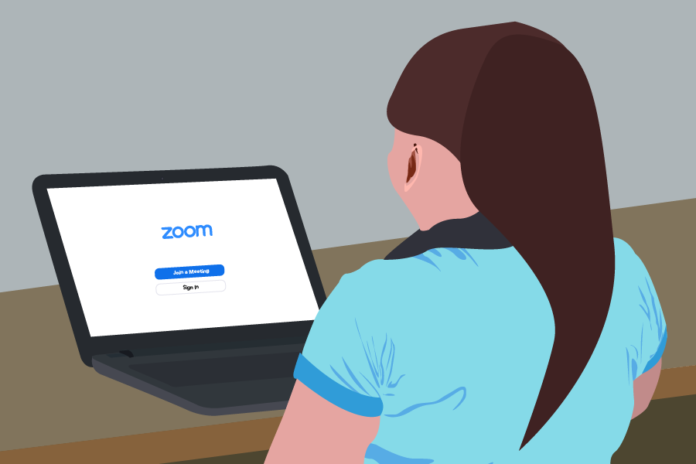UC Davis students, psychology professor give advice for succeeding in online classes
With the constraints of social distancing, students and staff have to learn to navigate the world of online learning. Psychology professor Steven Luck and two UC Davis students offered their advice on how to adjust to learning online during Spring Quarter.
Luck said the main source of distraction for students is their phones — he recommended that phones be put out of sight during every lecture.
“There’s actually research showing that if you have somebody doing a laboratory task on a computer and you just have their iPhone sitting next to the computer, it distracts them even if they’re not touching them,” Luck said.
Luck also said hand-writing your notes has a different impression on your brain than typing them does, and utilizing this will be especially useful with online learning.
“When you’re writing by hand, it’s so much more effort, and so much slower, that you have to take what you’ve heard and rephrase it,” Luck said. “That process of putting it into your own smaller number of words helps you to understand it better and remember it better.”
Throughout a school day, students have a normal flow of activities that online learning clearly lacks. This absence of structure can affect student productivity, according to Luck. He recommends that students try to simulate a normal day as much as they can from home with activities as simple as going for a walk.
“Ordinarily, you go to a class, and then you walk from that class to somewhere else,” Luck said. “The act of getting up and moving is beneficial for your brain. If you have back-to-back classes, you might have five minutes after the end of one class before you want to join early to the next one. If you can go outside, walk around the block and come back, it will make your brain work better.”
According to Luck, maintaining human connection is vital for humans’ deeply-coded social needs. As a former student of online classes, first-year cell biology major Tyanna Hoang has experience practicing methods of connection through social media.
“I’ve definitely joined group chats on Facebook for all my courses, so just in case I’m confused on something, I can text in that group and just ask if anybody has any suggestions or anything,” Hoang said.
In addition to chatting with peers, third-year cinema and digital media major Rafael Carbajal finds positive meaning at home in other ways.
“I would take advantage of this time for sure because we live in a very fast-paced world, so this is rare that there’s breathing room to just be by yourself,” Carbajal said. “I kind of think of ways that I can improve myself, like what can I do to be more productive in my house.”
In her past online classes, Hoang found treating the classes the same as an in-person lecture to be the most useful strategy.
“You’ve just got to not think of it as an online class,” Hoang said. “Just put yourself [into the mindset] that this is still your traditional class where you have deadlines and things you need to be aware of, and you still need to be proactive.”
Written by: Lyra Farrell — features@theaggie.org




